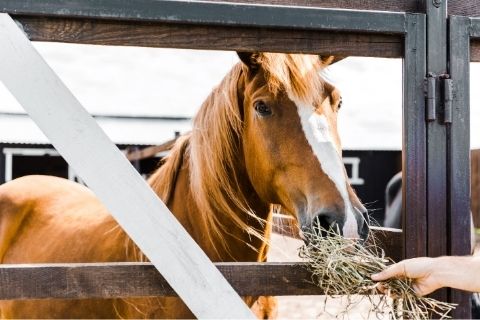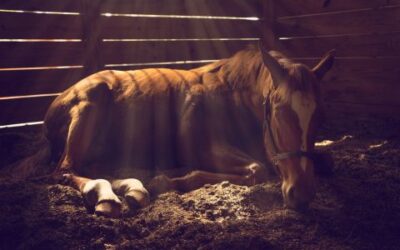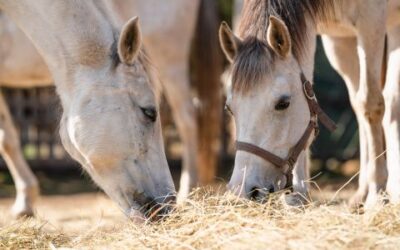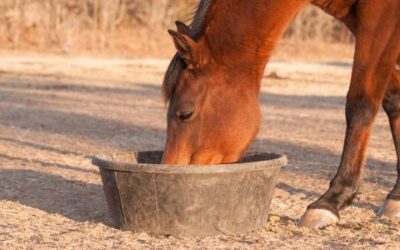
Much like humans, horses don’t always age gracefully. Sometimes there’s little you can do to prevent a horse from losing their teeth or salvage their dental health, especially when they have all their adult teeth as an elder. A horse’s teeth undergo heavy workloads throughout their lifespan that can cause wear and damage to teeth, gums, and jaws. However, just because your equine friend is missing some important teeth, that doesn’t mean they can’t live a happy life.
Though you can’t just give your senior horse dentures , you can make their life easier by changing their diet a little bit. These tips for feeding your dentally-challenged horse will ensure that are happy and healthy through their golden years.
Mushy, Nutritional Food
When a horse no longer has all the essential teeth that they need to chew their regular feed, you need to take the initiative to make the feed easier to swallow and digest. Feeding regular feed and forage to a horse that is missing teeth is impossible—they’ll choke and could potentially die. Adding water the meal to create a soft, pulpy dish ensures that the entire meal will go down smoothly.
Remember, water adds weight to the meal you’re intending to feed the horse. Measure out the feed before adding water to make sure your senior equine gets all the food and nutrients they need. You may need to feed senior horse who is missing teeth more meals over the course of the day so you can keep the meal size smaller and easier to digest.
The Right Kind of Forage
Long-stemmed hay and forage can pose dangerous consequences for horses who are missing teeth. If the horse is given the wrong kind of forage, they’ll have difficulties chewing and digesting it. Chopped grass hay is perfect for these horses, since it provides the entertainment from chewing that they crave while remaining easy to swallow and digest. At Lucerne Farms, our chopped timothy hay will please any older horse with dental problems and provide them with essential nutrients so they can remain at a healthy weight. If a horse struggles to eat the chopped grass hay, soak it before feeding it to them.
Horses without teeth will eat less during their pasture time. Keep that in mind when taking care of an elderly horse and watching their weight.
Don’t Make Them Fight for Their Food
The last piece of advice on our list of tips for feeding your toothless horse is to make sure your old horse isn’t competing with any other horses for food. An elderly, horse missing teeth will likely take more time when eating and chewing than your younger horses. If you notice younger horses attempting to move in on your senior horse’s trough, separate them. You wouldn’t let your kids steal food off their grandma’s plate—don’t let your horses do the same!




